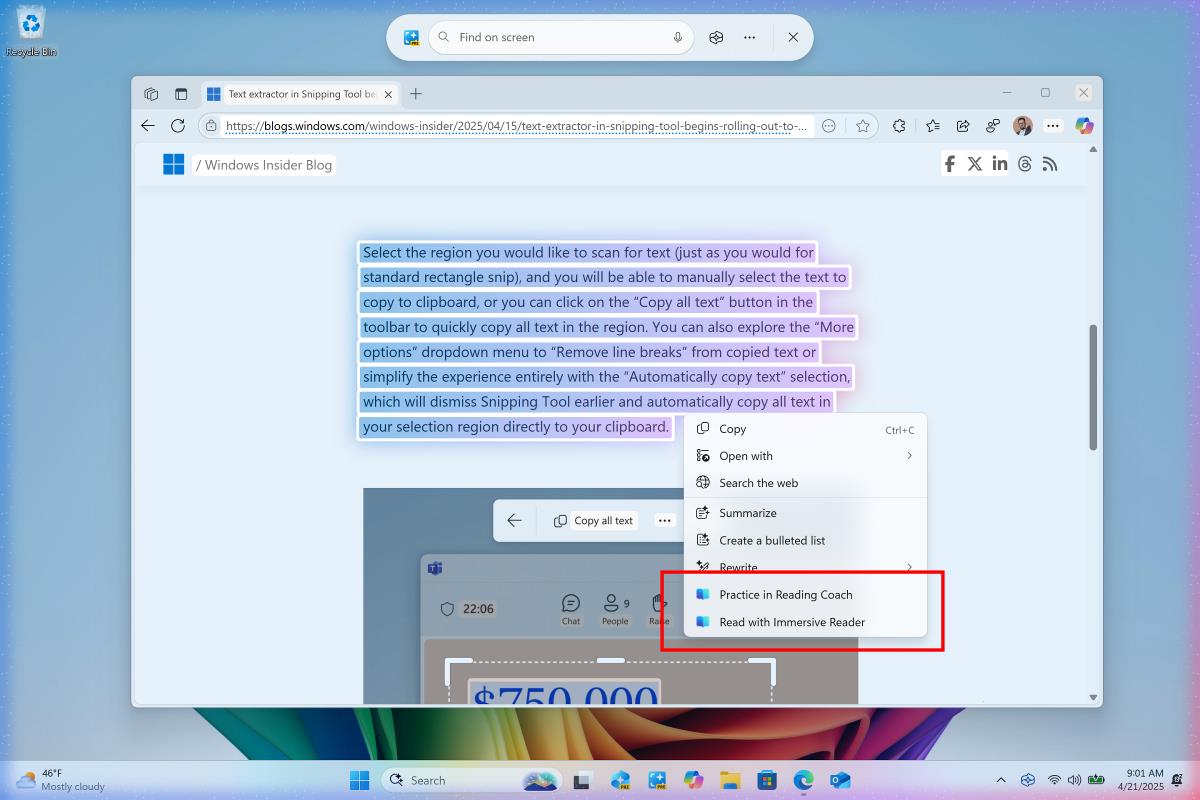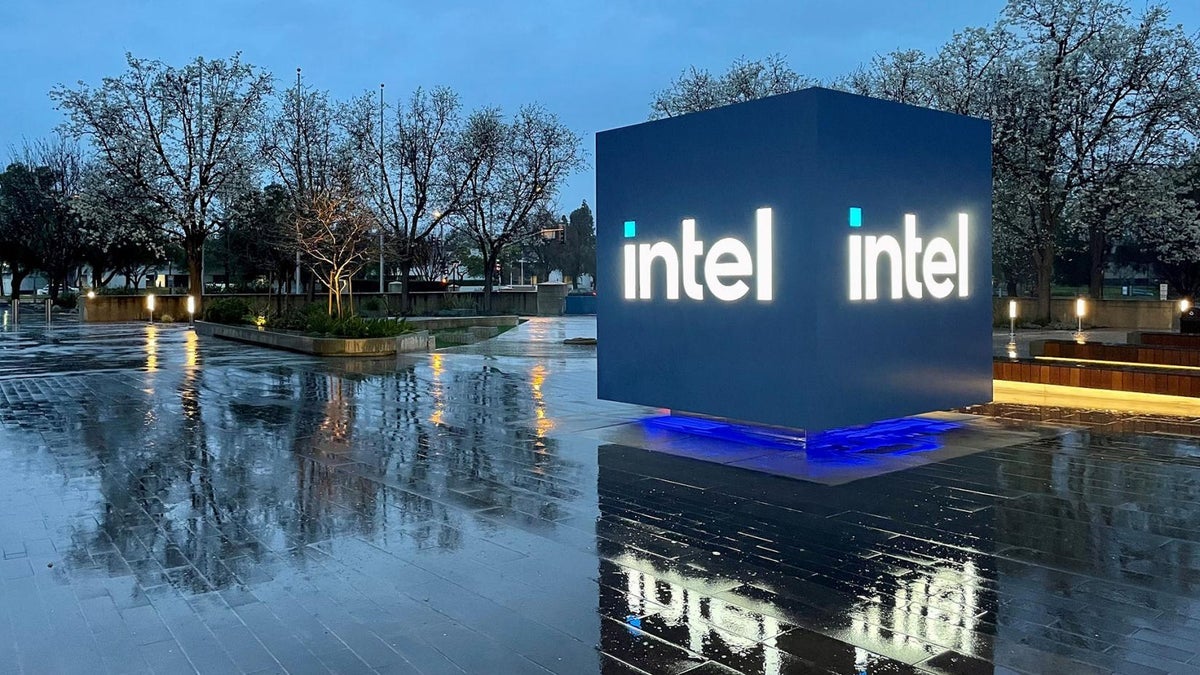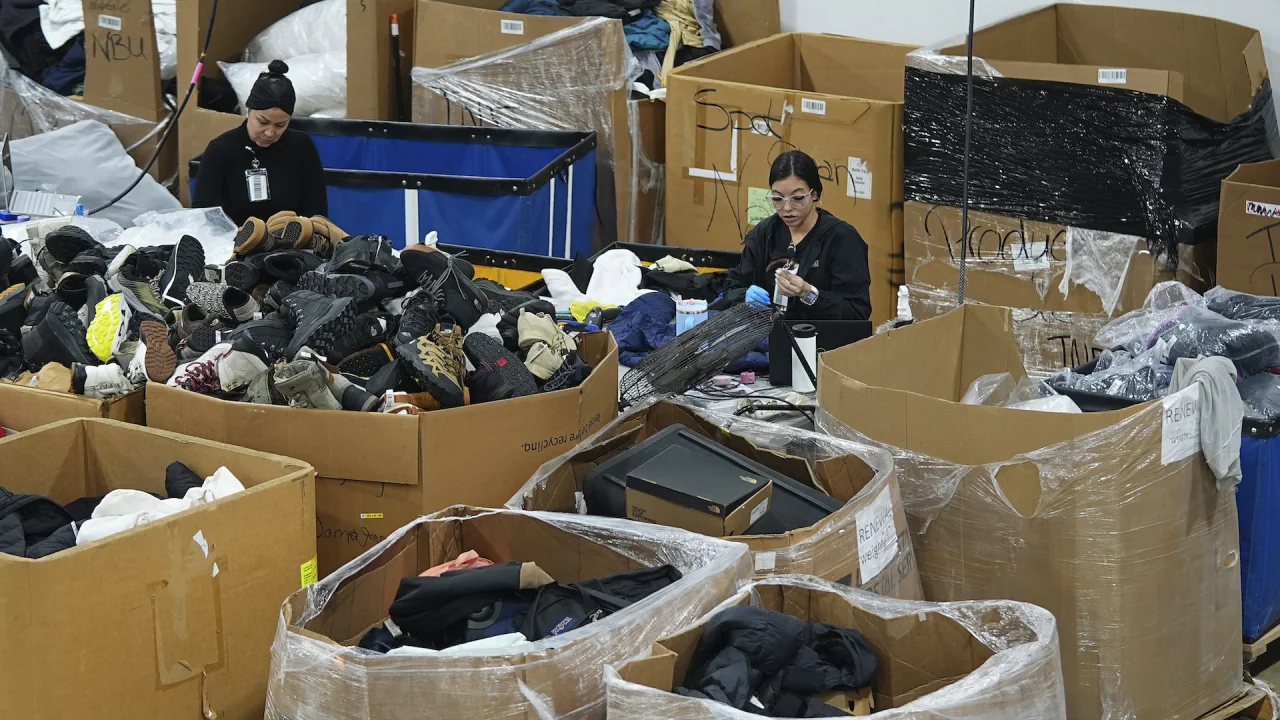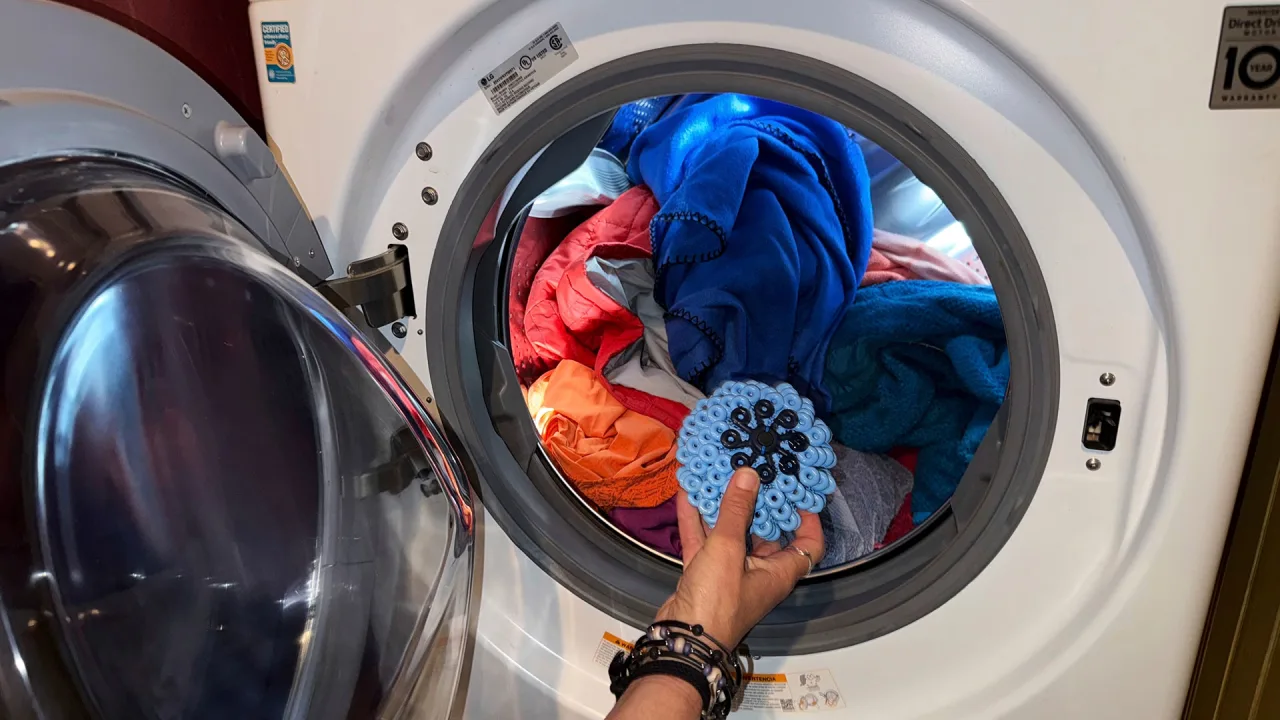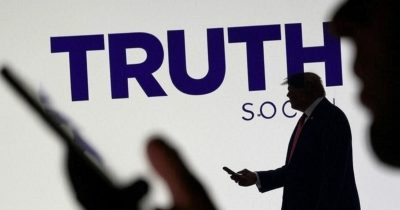U.S. Lawmakers Accuse DeepSeek of Data Harvesting, Espionage, and AI Theft
China’s DeepSeek poses a "profound threat" to U.S. national security due to its strong ties to the Chinese government, according to a bipartisan report released by the House of Representatives’ Select Committee on China. The report raises concerns about DeepSeek's data-gathering methods, information manipulation aligning with Chinese Communist Party (CCP) propaganda, and potential violations of U.S. export regulations. When DeepSeek unveiled its chatbot powered by the DeepSeek-R1 model in January 2025, it sent shockwaves through the AI industry. Not only did the model rival leading Western AI systems in performance, but its creators claimed it could operate at a fraction of the cost and computational resources. The claim that R1 cost just $6 million stunned experts, who questioned how DeepSeek built such an advanced model so cheaply. Since its release, debates have continued over the figure, including doubts over hidden costs and undisclosed resources. Despite the skepticism, the rise of DeekSeek R1 underscores just how far and fast China’s AI ambitions have progressed. Many had long believed the West held a significant lead in the AI race, but DeepSeek’s arrival has cast doubt on that assumption. As one U.S. AI Executive stated in the report, “Some in the industry have claimed that the U.S. holds an 18-month AI lead, but that obfuscates reality- it’s closer to three months.” According to the report, DeekSeek “funnels Americans’ data to the People’s Republic of China (PRC) through backend infrastructure connected to a U.S. government-designated Chinese military company.” DeekSeek maintains close ties to hardware platforms associated with the Chinese government, as well as Zhejiang Lab, a state-backed research institute. While many of the top Chinese tech firms have ties to the government, the report warns that DeepSeek crosses a red line by combining multiple high-risk factors, including siphoning U.S. user data and secretly shaping content to align with Chinese Communist Party directives. The report states, "DeepSeek represents a profound threat to our nation’s security. Although it presents itself as just another AI chatbot, offering users a way to generate text and answer questions, closer inspection reveals that the app siphons data back to the PRC, creates security vulnerabilities for its users, and relies on a model that covertly censors and manipulates information pursuant to Chinese law." Another major concern highlighted in the report is the strong likelihood that DeepSeek unlawfully used model distillation techniques to develop its AI system, effectively extracting key components from U.S. AI models without authorization. The report states that an unnamed OpenAI executive told the committee that an internal review found DeepSeek employees had bypassed safeguards in OpenAI’s models. They extracted reasoning outputs, which can be used in a technique called “distillation” to speed up the development of advanced AI capabilities at a lower cost. This means that DeepSeek may have illegally benefited from U.S. technology. Additionally, the report states, "Equally troubling, the model appears to have been built using stolen U.S. technology on the back of U.S. semiconductor chips that are prohibited from sale to China without an export license and when it was released, PRC-affiliated social media accounts amplified and celebrated the model, according to Graphika research." The report claims that DeepSeek operates through backend systems linked to China Mobile, a company with established military ties. Since Chinese law mandates corporate data sharing with the state, this connection poses serious national security concerns. Lawmakers warn that DeepSeek could function as a covert intelligence-gathering tool for the Chinese government. In late 2024, the U.S. introduced stricter export controls to restrict China from acquiring advanced AI chips. However, these restrictions don’t appear to have had a major impact on DeekSeek’s ability to acquire high-performance hardware. According to the report, DeekSeek uses “tens of thousands” of restricted AI chips from American semiconductor giant Nvidia. The report has placed Nvidia under scrutiny, questioning how its AI chips ended up in China. The chip manufacturer has been accused of developing new chips designed specifically to avoid the export control ban. Additionally, it alleges that Nvidia utilized intermediary countries to circumvent the ban, with Singapore emerging as a key hub for rerouting restricted AI hardware despite trade regulations. Nvidia is facing a tumultuous week, with its stock dropping nearly 7% on Wednesday following news that the Trump administration would require a new license for all accelerated chip shipments to China. Nvidia CEO Jensen Huang made a surprise visit to Beijing last week. He reportedly met with several Chinese officials and Deepseek founder Liang Wenfeng. His trip has drawn increased scrutiny over Nvidia’s role in China’s te

China’s DeepSeek poses a "profound threat" to U.S. national security due to its strong ties to the Chinese government, according to a bipartisan report released by the House of Representatives’ Select Committee on China. The report raises concerns about DeepSeek's data-gathering methods, information manipulation aligning with Chinese Communist Party (CCP) propaganda, and potential violations of U.S. export regulations.
When DeepSeek unveiled its chatbot powered by the DeepSeek-R1 model in January 2025, it sent shockwaves through the AI industry. Not only did the model rival leading Western AI systems in performance, but its creators claimed it could operate at a fraction of the cost and computational resources.
The claim that R1 cost just $6 million stunned experts, who questioned how DeepSeek built such an advanced model so cheaply. Since its release, debates have continued over the figure, including doubts over hidden costs and undisclosed resources.
Despite the skepticism, the rise of DeekSeek R1 underscores just how far and fast China’s AI ambitions have progressed. Many had long believed the West held a significant lead in the AI race, but DeepSeek’s arrival has cast doubt on that assumption.
As one U.S. AI Executive stated in the report, “Some in the industry have claimed that the U.S. holds an 18-month AI lead, but that obfuscates reality- it’s closer to three months.”
According to the report, DeekSeek “funnels Americans’ data to the People’s Republic of China (PRC) through backend infrastructure connected to a U.S. government-designated Chinese military company.” DeekSeek maintains close ties to hardware platforms associated with the Chinese government, as well as Zhejiang Lab, a state-backed research institute.
While many of the top Chinese tech firms have ties to the government, the report warns that DeepSeek crosses a red line by combining multiple high-risk factors, including siphoning U.S. user data and secretly shaping content to align with Chinese Communist Party directives.
The report states, "DeepSeek represents a profound threat to our nation’s security. Although it presents itself as just another AI chatbot, offering users a way to generate text and answer questions, closer inspection reveals that the app siphons data back to the PRC, creates security vulnerabilities for its users, and relies on a model that covertly censors and manipulates information pursuant to Chinese law."
Another major concern highlighted in the report is the strong likelihood that DeepSeek unlawfully used model distillation techniques to develop its AI system, effectively extracting key components from U.S. AI models without authorization.
The report states that an unnamed OpenAI executive told the committee that an internal review found DeepSeek employees had bypassed safeguards in OpenAI’s models. They extracted reasoning outputs, which can be used in a technique called “distillation” to speed up the development of advanced AI capabilities at a lower cost. This means that DeepSeek may have illegally benefited from U.S. technology.
Additionally, the report states, "Equally troubling, the model appears to have been built using stolen U.S. technology on the back of U.S. semiconductor chips that are prohibited from sale to China without an export license and when it was released, PRC-affiliated social media accounts amplified and celebrated the model, according to Graphika research."
The report claims that DeepSeek operates through backend systems linked to China Mobile, a company with established military ties. Since Chinese law mandates corporate data sharing with the state, this connection poses serious national security concerns. Lawmakers warn that DeepSeek could function as a covert intelligence-gathering tool for the Chinese government.
In late 2024, the U.S. introduced stricter export controls to restrict China from acquiring advanced AI chips. However, these restrictions don’t appear to have had a major impact on DeekSeek’s ability to acquire high-performance hardware. According to the report, DeekSeek uses “tens of thousands” of restricted AI chips from American semiconductor giant Nvidia.
The report has placed Nvidia under scrutiny, questioning how its AI chips ended up in China. The chip manufacturer has been accused of developing new chips designed specifically to avoid the export control ban. Additionally, it alleges that Nvidia utilized intermediary countries to circumvent the ban, with Singapore emerging as a key hub for rerouting restricted AI hardware despite trade regulations.
Nvidia is facing a tumultuous week, with its stock dropping nearly 7% on Wednesday following news that the Trump administration would require a new license for all accelerated chip shipments to China. Nvidia CEO Jensen Huang made a surprise visit to Beijing last week. He reportedly met with several Chinese officials and Deepseek founder Liang Wenfeng. His trip has drawn increased scrutiny over Nvidia’s role in China’s tech growth and whether the company is finding new ways to navigate U.S. export restrictions.
“The emergence of DeepSeek is a warning to U.S. policy makers that the PRC remains capable of rapidly innovating in today’s most advanced technologies despite U.S. efforts to stop them,” the report cautions. “As AI continues to advance in capability, U.S. departments and agencies must improve their piecemeal approach to prevent strategic surprises that may prove destabilizing.”
 The authors urge U.S. policymakers to strengthen export controls on advanced hardware, including semiconductor chips, and increase funding for the Commerce Department’s Bureau of Industry and Security (BIS). It also recommends remote access protections for U.S. AI hardware and whistleblower incentives to expose export violations.
The authors urge U.S. policymakers to strengthen export controls on advanced hardware, including semiconductor chips, and increase funding for the Commerce Department’s Bureau of Industry and Security (BIS). It also recommends remote access protections for U.S. AI hardware and whistleblower incentives to expose export violations.
To counter China’s AI advancements, the report also suggests empowering U.S. agencies to track AI firms early, improving interagency coordination, and incorporating AI into national security planning. The geopolitical landscape is heating up, with the U.S. imposing increased tariffs on Chinese tech imports and pressuring allies to curb business with firms linked to the Chinese military or surveillance state.






















































.jpg)





















































































































![[The AI Show Episode 144]: ChatGPT’s New Memory, Shopify CEO’s Leaked “AI First” Memo, Google Cloud Next Releases, o3 and o4-mini Coming Soon & Llama 4’s Rocky Launch](https://www.marketingaiinstitute.com/hubfs/ep%20144%20cover.png)
























































































































































![BPMN-procesmodellering [closed]](https://i.sstatic.net/l7l8q49F.png)







































































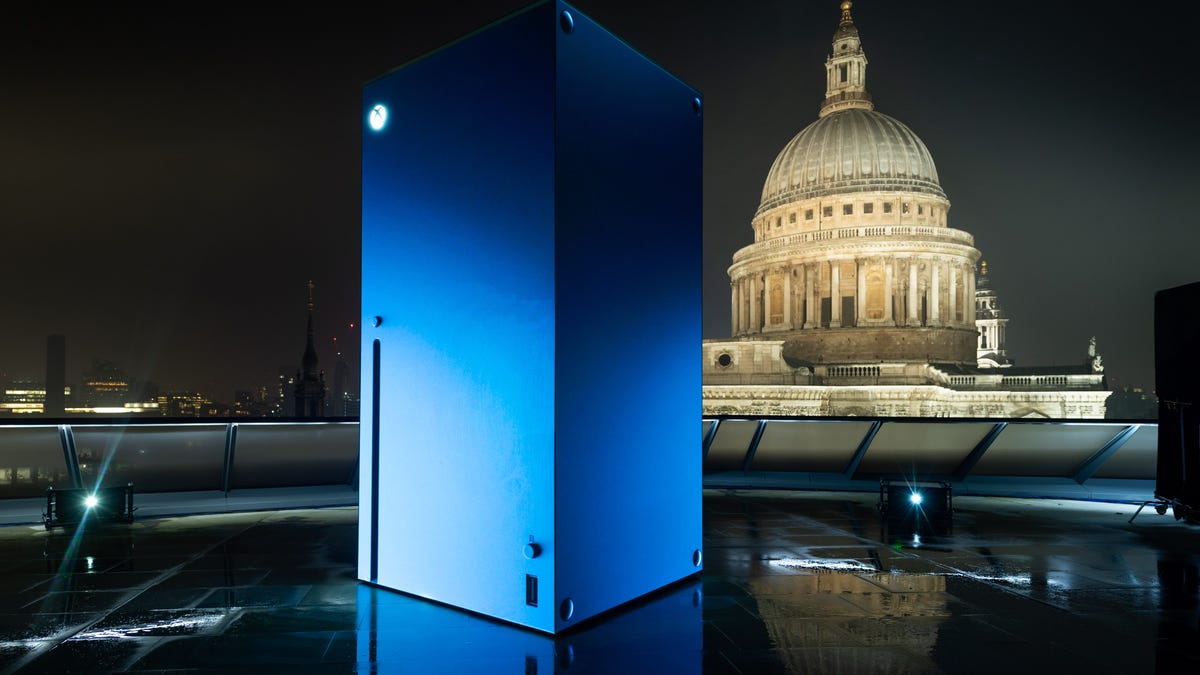
















-All-will-be-revealed-00-35-05.png?width=1920&height=1920&fit=bounds&quality=70&format=jpg&auto=webp#)
-All-will-be-revealed-00-17-36.png?width=1920&height=1920&fit=bounds&quality=70&format=jpg&auto=webp#)
-Jack-Black---Steve's-Lava-Chicken-(Official-Music-Video)-A-Minecraft-Movie-Soundtrack-WaterTower-00-00-32_lMoQ1fI.png?width=1920&height=1920&fit=bounds&quality=70&format=jpg&auto=webp#)

























_Weyo_alamy.png?width=1280&auto=webp&quality=80&disable=upscale#)
_Brain_light_Alamy.jpg?width=1280&auto=webp&quality=80&disable=upscale#)

























































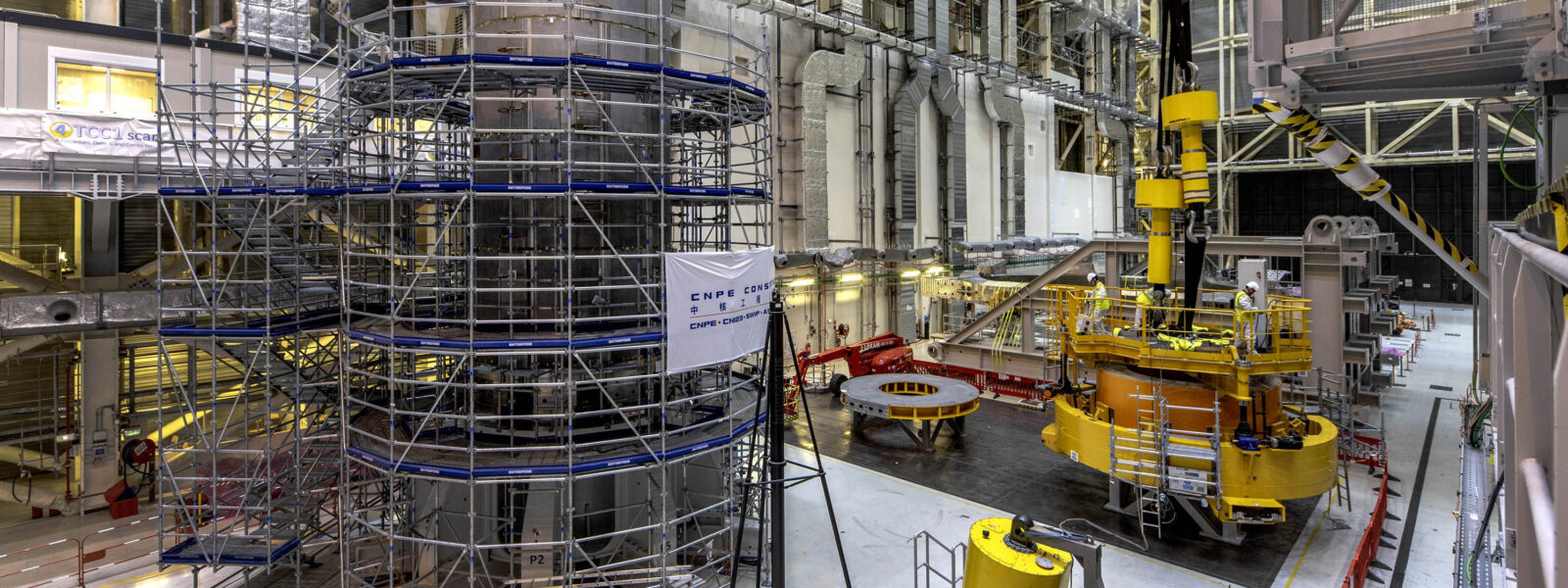

















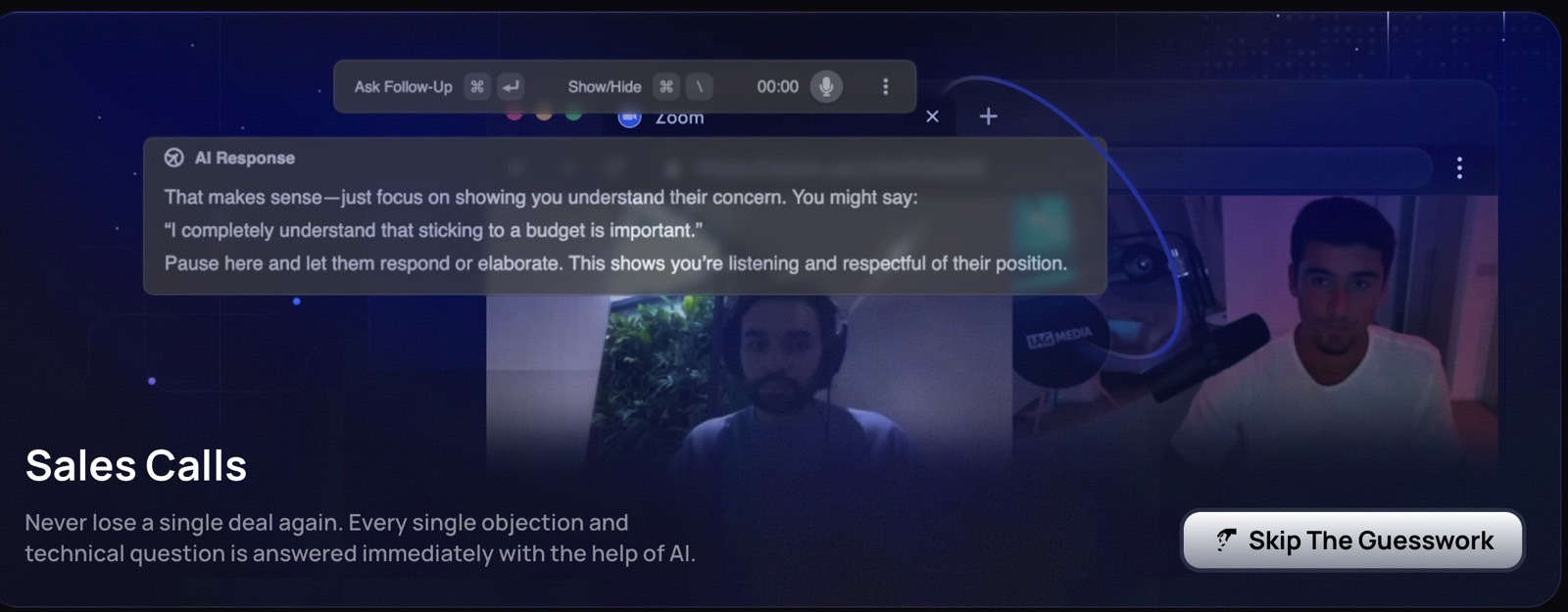


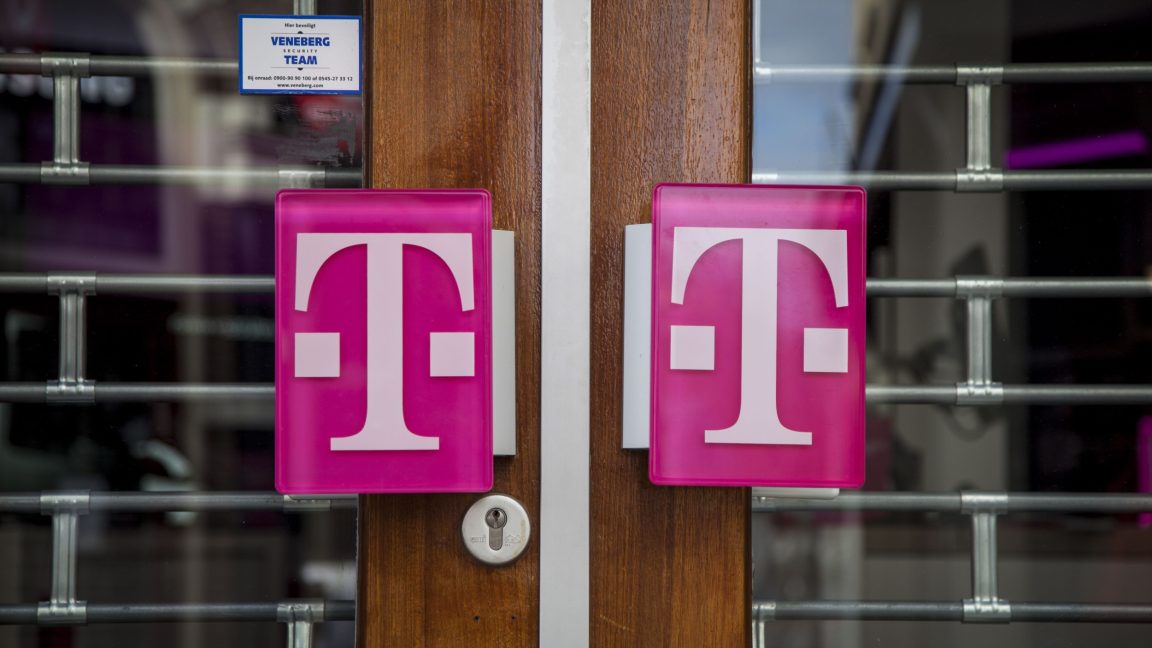


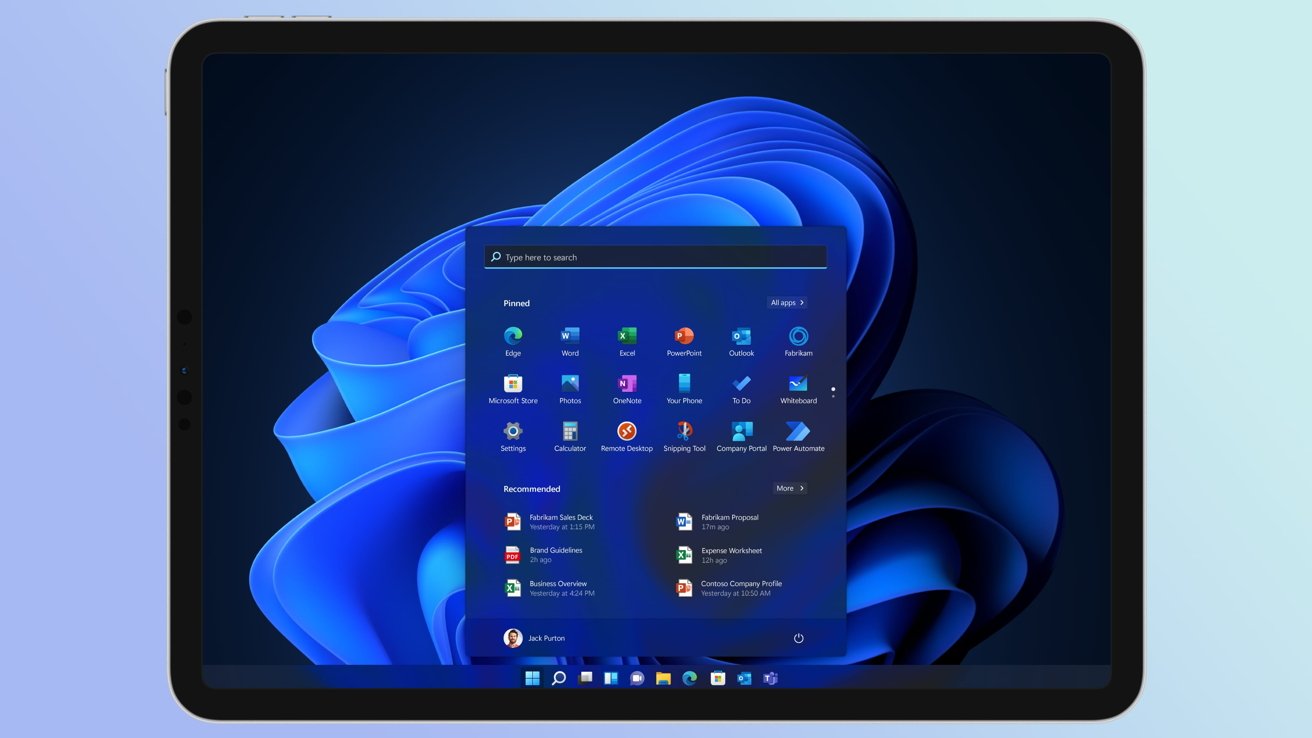
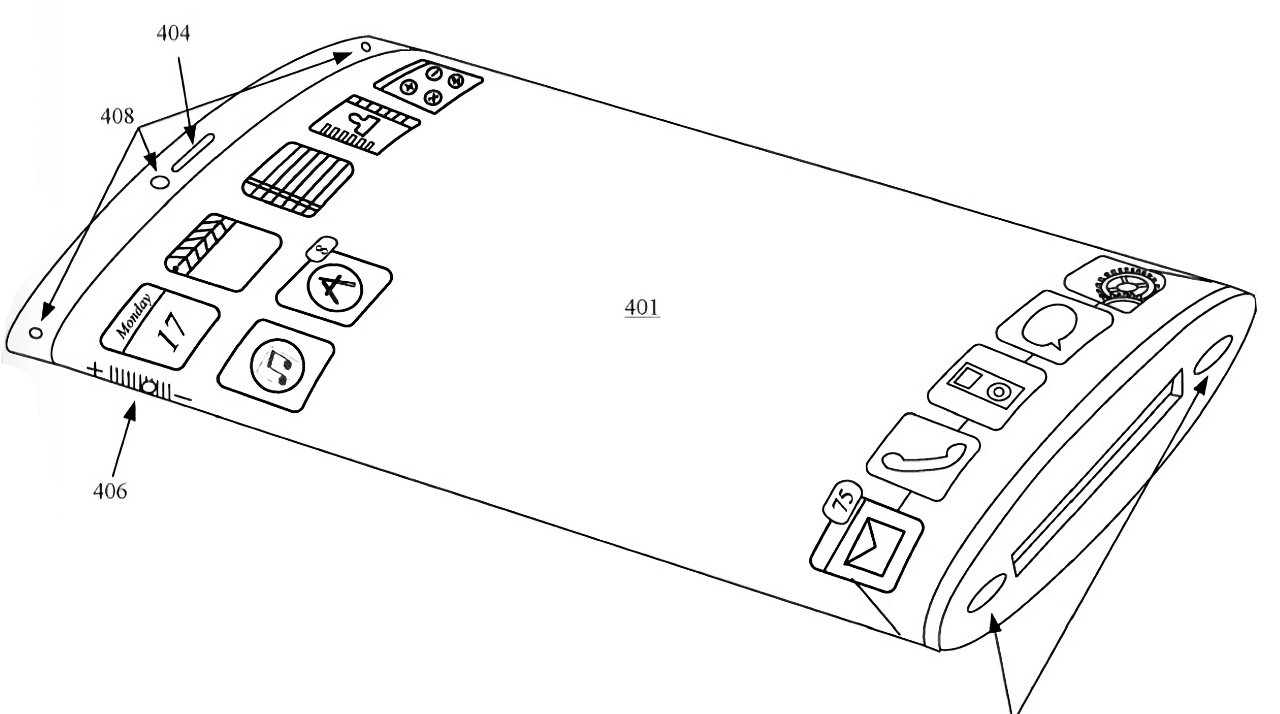


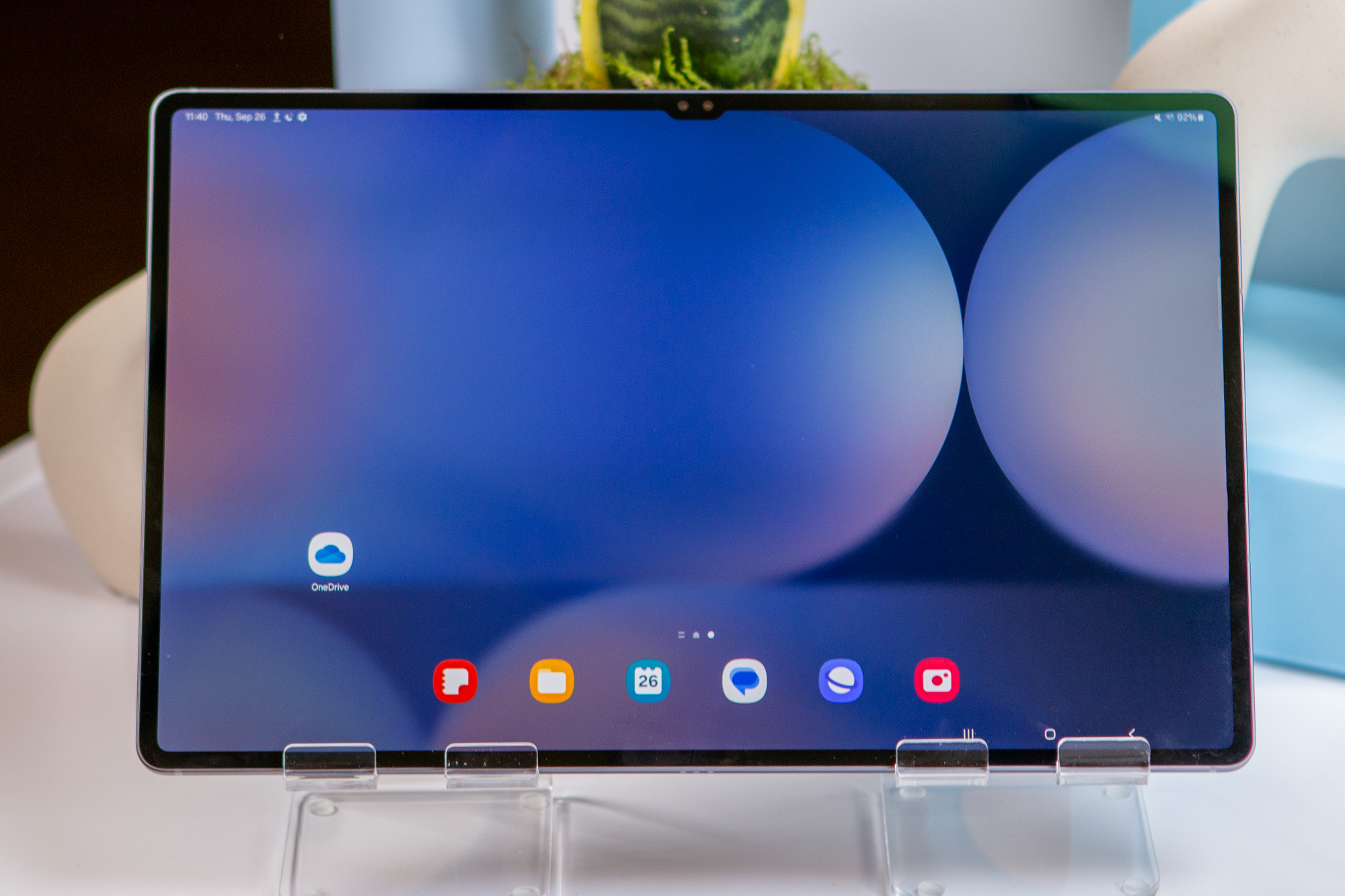





![What iPhone 17 model are you most excited to see? [Poll]](https://9to5mac.com/wp-content/uploads/sites/6/2025/04/iphone-17-pro-sky-blue.jpg?quality=82&strip=all&w=290&h=145&crop=1)


















![Inside Netflix's Rebuild of the Amsterdam Apple Store for 'iHostage' [Video]](https://www.iclarified.com/images/news/97095/97095/97095-640.jpg)
![Apple Releases Public Beta 2 of iOS 18.5, iPadOS 18.5, macOS Sequoia 15.5 [Download]](https://www.iclarified.com/images/news/97094/97094/97094-640.jpg)

![New M4 MacBook Air On Sale for $929 [Lowest Price Ever]](https://www.iclarified.com/images/news/97090/97090/97090-1280.jpg)



















